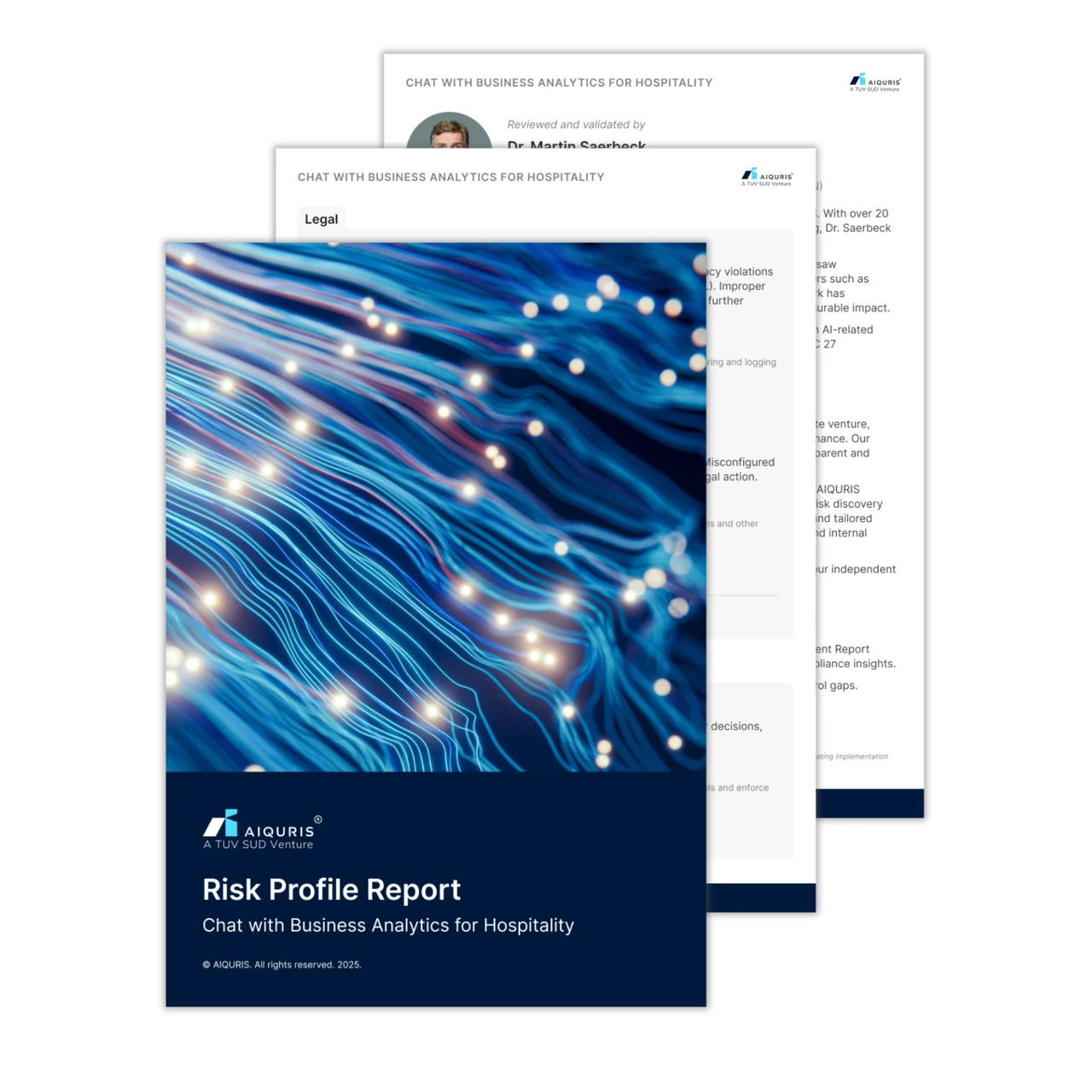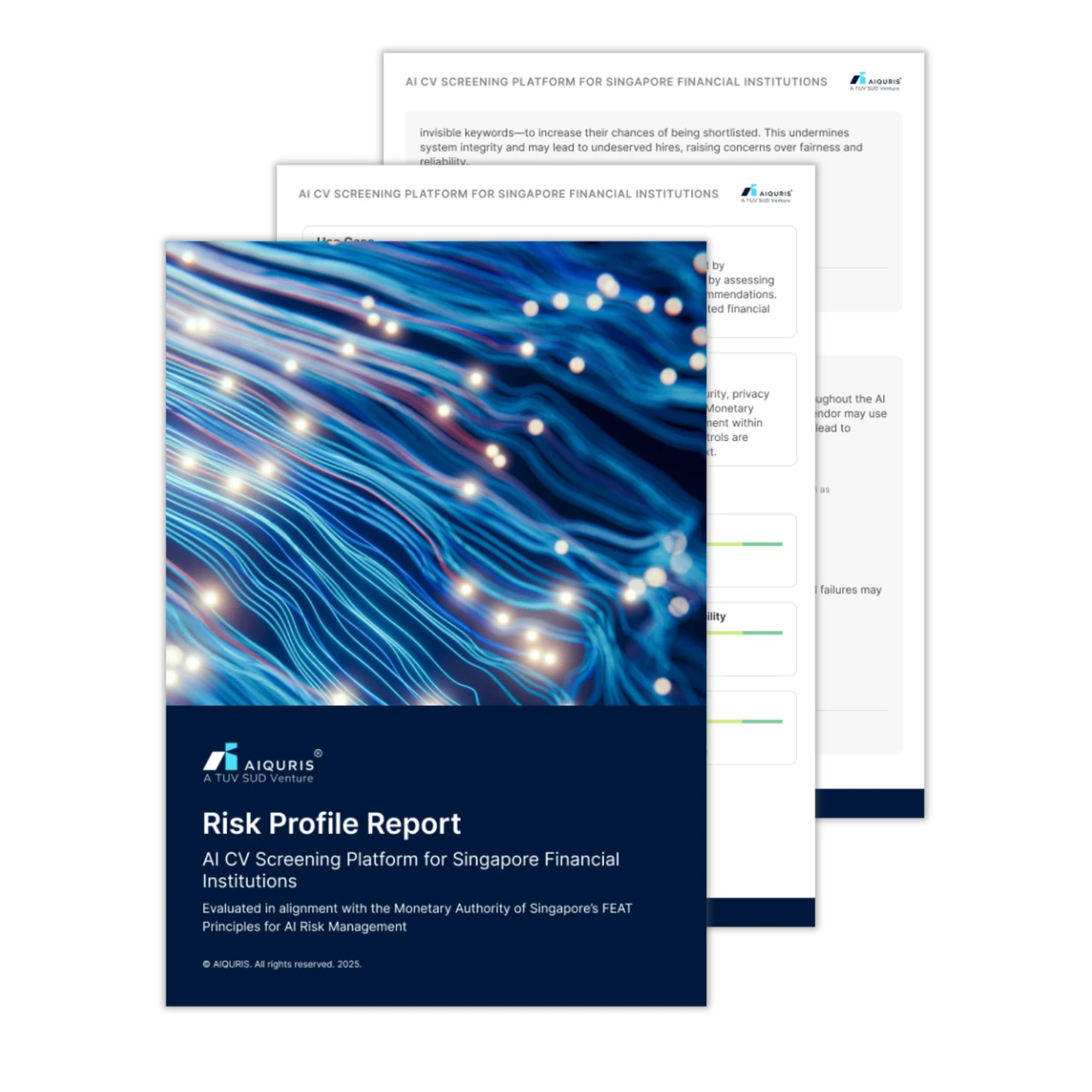Artificial Intelligence (AI) is transforming decision-making processes across industries. As organisations increasingly implement AI technologies, understanding the ethical implications becomes crucial for responsible development and deployment. This guide explores AI in decision-making, addresses key ethical issues, and presents actionable recommendations for embracing responsible AI practices.
AI Decision-Making Across Industries
AI's influence spans various sectors:
-
Healthcare: AI-driven diagnostic tools at Johns Hopkins enable earlier detection of conditions such as sepsis, significantly improving patient outcomes 2.
-
Finance: Automated credit risk assessments utilise AI algorithms to evaluate borrower profiles swiftly. For example, ZestFinance employs AI models to assess creditworthiness, but without proper monitoring, these systems can result in biased loan approvals based on flawed data 3.
-
Retail: Companies like Walmart employ AI to manage inventory effectively, predicting customer demand while optimising stock levels 4.
-
Transportation: Autonomous vehicle technologies, such as those developed by Waymo, leverage real-time data analysis to enhance safety and operational efficiency, although they face challenges regarding regulatory compliance and public trust 5.
-
Agriculture: John Deere’s precision farming solutions provide farmers with data-driven recommendations, maximising crop yields while reducing resource waste 6.
These examples highlight the benefits AI brings but also the necessity for responsible implementation.
Understanding AI in Decision Making
AI enhances organisational decision-making capabilities by leveraging machine learning algorithms and neural networks to analyse vast datasets efficiently. According to Intellias1, 79% of corporate strategists believe AI will be instrumental in driving business success over the next two years.
Key Technologies Underpinning AI Decision-Making
-
Machine Learning: enables systems to learn from historical data, improving their decision-making capabilities7. However, if biased training data is used, it can lead to unfair outcomes in decisions such as hiring or loan approvals8.
-
Neural Networks: Neural networks model human cognitive processes, enabling AI to identify patterns and make predictions. However, neural networks often operate as ‘black boxes’ with limited interpretability8
-
Decision Support Systems: Aid human operators by providing actionable insights derived from extensive data analysis, facilitating more informed and strategic decisions9. However, decision support systems may reinforce existing biases if not carefully managed8.
Without continuous monitoring, AI systems can develop bias over time, leading to regulatory breaches and costly lawsuits. AIQURIS ® offers comprehensive AI governance solutions that can help you proactively manage these risks.
Ethical Issues in AI
While AI enhances decision-making, it raises critical ethical questions:
-
Bias and Fairness
AI systems reflect biases present in their training data. If societal prejudices are embedded in datasets, automated decisions may perpetuate unfair treatment. Research shows facial recognition technologies have higher error rates for minority groups due to biased datasets2. Organisations must ensure diverse representation in data collection efforts.Companies that fail to address bias risk violating the EU AI Act, which categorises AI systems with biased outcomes as high-risk and subjects them to strict compliance measures and potential fines10.
-
Transparency
Understanding how AI arrives at its decisions is vital for stakeholder trust. Explainable AI (XAI) techniques aim to clarify AI decision processes, especially in high-stakes industries where decisions impact lives. Lack of AI transparency isn’t just an ethical concern—it’s a financial risk. Under the EU AI Act, AI systems in finance, healthcare, and hiring must be explainable, or businesses risk severe penalties.
-
Privacy Concerns
Utilising personal data in AI applications raises privacy issues. Robust data governance policies are necessary to protect individual rights and comply with regulations like GDPR. Mishandling AI-driven data under GDPR can result in fines of up to €20 million or 4% of global turnover11.
AIQURIS ® provides proactive monitoring, visibility, and guidance, helping organisations identify and address bias before it leads to regulatory breaches or reputational harm.
-
Accountability
When AI makes mistakes or causes harm, it’s not always clear who should be held responsible. However, it’s important to figure this out to ensure things are handled fairly and ethically12. The Guidelines for Ethical and Responsible AI Use (ISO/IEC TR 24368:2022) provide guidance to help address these issues and ensure AI is used responsibly13.
-
Societal Impact
Automation driven by AI could displace jobs, leading to workforce disruptions. Proactive measures, including reskilling programmes, are essential to mitigate adverse effects on employment, as noted by experts at HBS2.
Global Regulatory Landscape
As AI adoption increases, so does the need for regulatory frameworks. Some initiatives include:
-
EU Artificial Intelligence Act14: Proposed regulation categorises AI systems based on risk levels and mandates compliance standards to ensure safety and fairness. Penalties for non-compliance are subject to fines up to 35,000,000 or 7% total annual turnover.
-
California Consumer Privacy Act (CCPA)15: Protects consumer data privacy and influences how companies handle personal information in AI systems. Under CCPA, companies face penalties of up to $7,500 per consumer record if they fail to safeguard personal information 16. This makes compliance with AI-driven data collection policies essential to avoid financial and reputational losses.
AIQURIS ® supports CCPA compliance through Continuous Monitoring and Compliance Checks, automating the tracking of regulatory changes and ensuring that AI systems adhere to global data protection laws. This helps businesses prevent costly fines and operational disruptions while maintaining a strong commitment to privacy.
-
OECD Guidelines17: The OECD advocates for harmonised global standards promoting responsible AI development.
Future trends suggest a growing focus on ethical AI governance, requiring organisations to stay ahead of compliance demands.
Embracing Responsible AI Practices
-
Implement Bias Audits: Regularly assess AI models for potential biases and rectify them before deployment.
-
Create Comprehensive Ethical Guidelines: Address bias, accountability, and transparency throughout the AI lifecycle.
-
Recruit Diverse Teams: Involve individuals from varied backgrounds during design and implementation phases to minimise biases and enhance system robustness.
Organisations can enhance their responsible AI efforts with AIQURIS ®, which offers a comprehensive framework for scaling AI confidently. AIQURIS ® provides AI Use Case Risk Profiling to identify and manage biases, ensuring that AI models are ethical and fair. With Mitigated Risk Profiles, AIQURIS ® enables businesses to maintain transparency and accountability throughout the AI lifecycle, helping them navigate the complexities of responsible AI deployment while managing associated risks.
Conclusion
Integrating AI into decision-making requires both technological progress and ethical responsibility. By prioritising fairness, transparency, and regulatory compliance, businesses can unlock AI's full potential while maintaining public trust. Solutions like AIQURIS ® support safe AI deployment, helping organisations manage risks and ensure responsible decision-making across AI applications.






